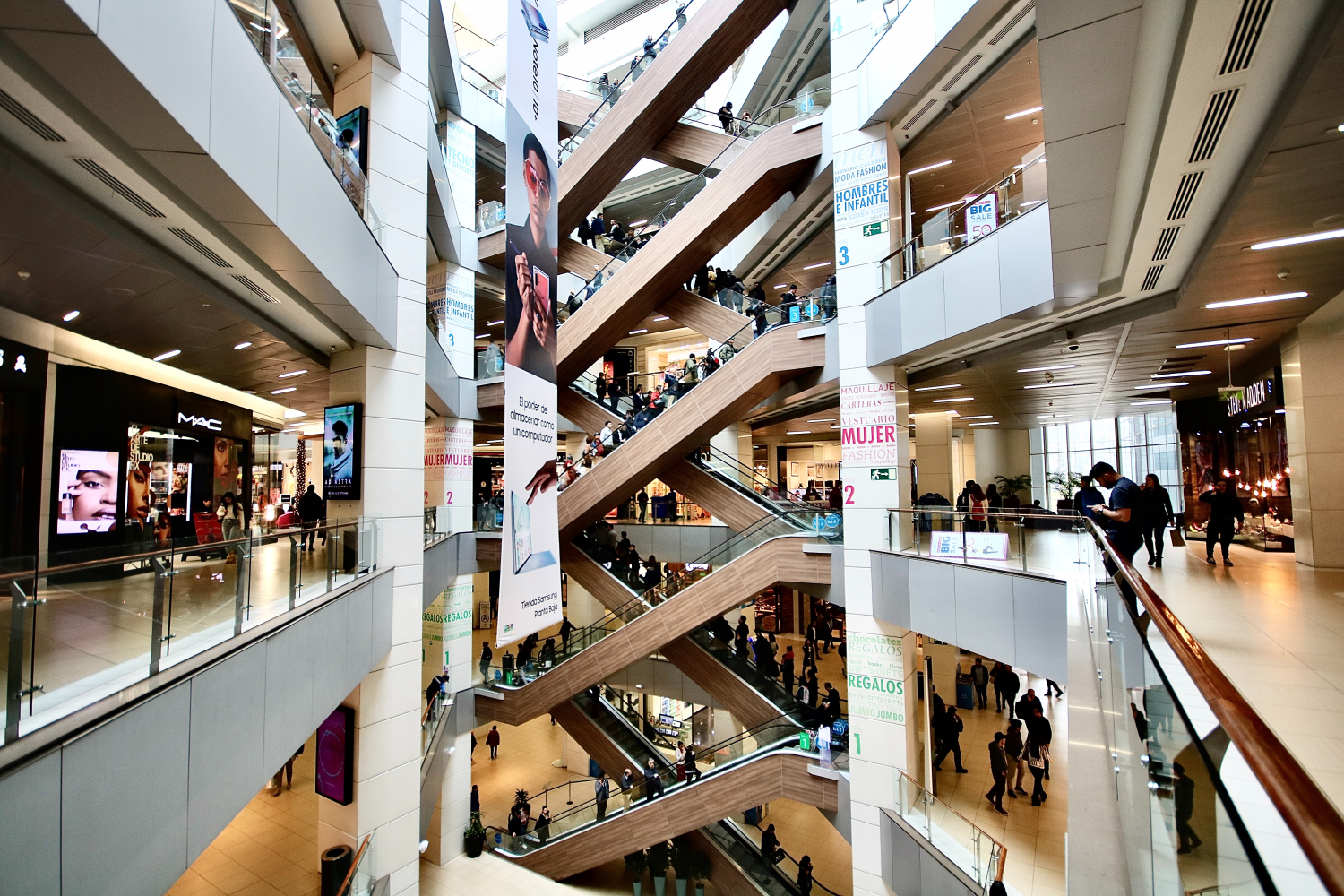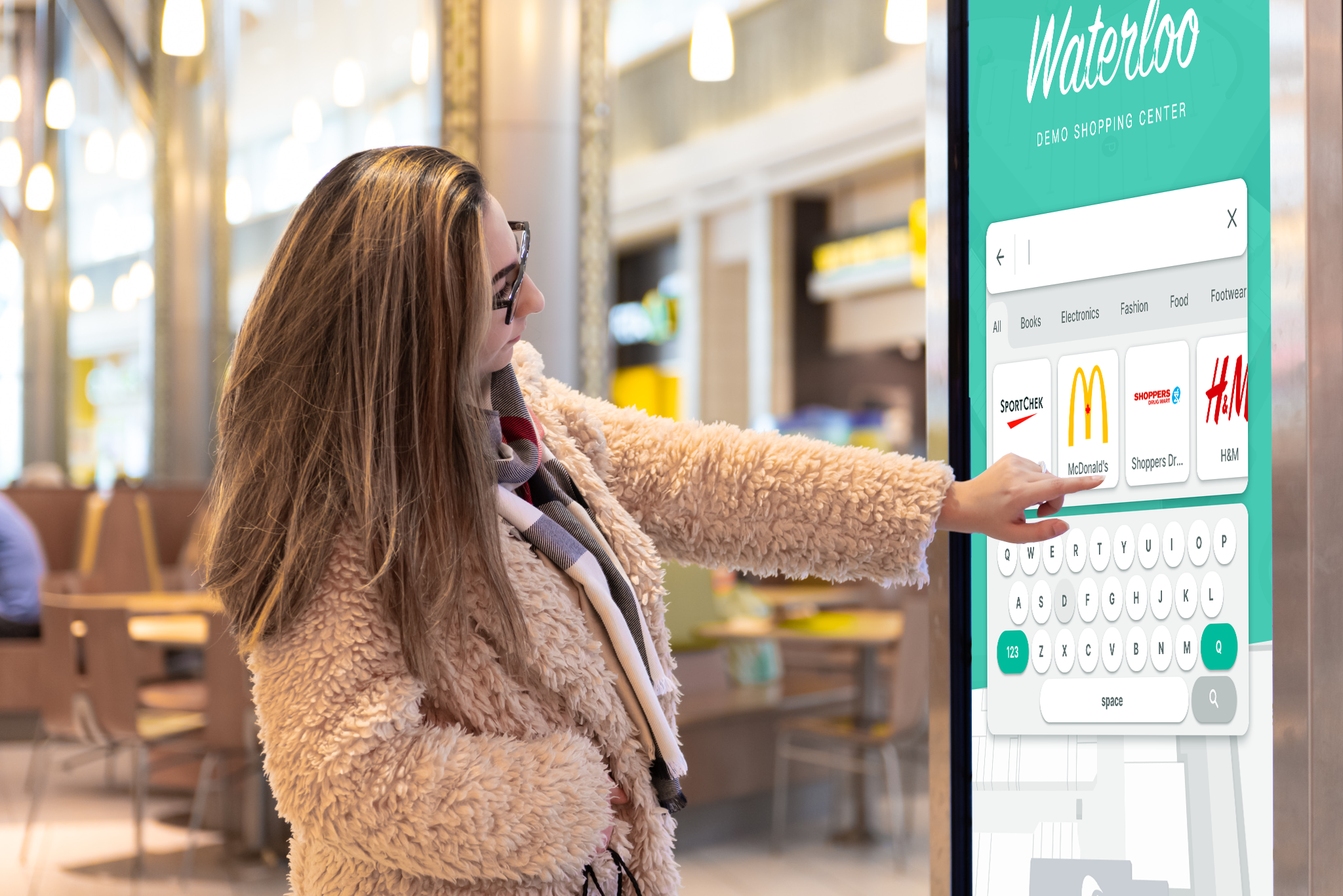Return to Resources
Retail Tech: How Do Consumers Really Feel?
Sep 20, 2019
4 min read
The National Retail Federation (NRF) recently released their annual Consumer View survey results for Summer 2019. The report looks at how consumers perceive various subjects in and around retail, as well as how they feel about those subjects. For this report, the survey focused on “survey[ing] consumers to understand the role technology plays in their shopping decisions.”
The results found that:
Three out of five consumers recognize the role retailer investments in technology have played in improving their experience across online, stores, and mobile.
What is retail tech?
Retail tech refers to technology used within retail experiences. It can be anything that occurs in and around retail, with the trends typically referring to technology that directly affects the consumer, their purchasing habits, and their experience with a brand through a number of channels.
80% of consumers are in favour of retail tech and found that it had a positive influence on their online shopping experience. 66% found it had a positive effect on their in-store shopping experience.

As a very recent look at how consumers feel about the trends that are starting to pop up within retail, it is interesting to note that consumers are not only seeing the trends being implemented, but also notice them having a direct impact on their shopping experiences, regardless of channel.
How have stores been using it?
As consumers become more comfortable with technology in every aspect of their lives, retailers are also utilizing it to provide more holistic experiences and provide an even more personalized experience for every consumer on an individual level.
The abundance of data available through investments in technology is also enticing more and more retailers to take part. Starbucks now has their machines connected to an IoT system, which do everything from track the number of cups brewed on one machine to tracking and aggregating sales numbers to see what’s popular with which consumers and where.
Accordingly, when NRF looked at pain points felt by consumers during the purchase process, they found that the steps leading up to a purchase (researching, comparing reviews, and checking products) were where consumers felt the most frustrated. Comparatively, this is also the point where consumers were most open to innovations and any solutions that helped to alleviate the stress in this part of the process.
Frustration after point of purchase went down, in part due to innovations for getting a product from retailer to consumer. With online shopping, free in-store pick up, and mobile payments, shoppers are in favour of technology that makes it convenient for them to shop from their preferred brands wherever they choose.
How will it look in the future?
While much of retail tech innovations are focused on the consumer and moving them through the purchase process (and even bringing them back if they drop off), another added benefit is improving day-to-day operations.
From automating inventory control, to using robotics and drones in fulfillment centres, many retailers are trying to optimize their internal processes. This allows them to free up their people-facing roles to focus purely on customer engagement and relationship building.

As retailers become more comfortable with incorporating technology into a variety of touchpoints in their experience, consumers will continue to engage with them. While it was a valid fear that online shopping was going to be the death of retail, it has so far proven to be untrue. Technology has changed the landscape of many industries including retail, but adoption is the way to ensure that retailers continue to survive and thrive in the future.
The report concludes that, while many gains have been made due to the current level of investment in retail tech, there are many opportunities to continue to improve. We know that the trend will continue on, but we have to wonder if there is a point in the future where technology stops adding value and retailers will need to go back to basics.


